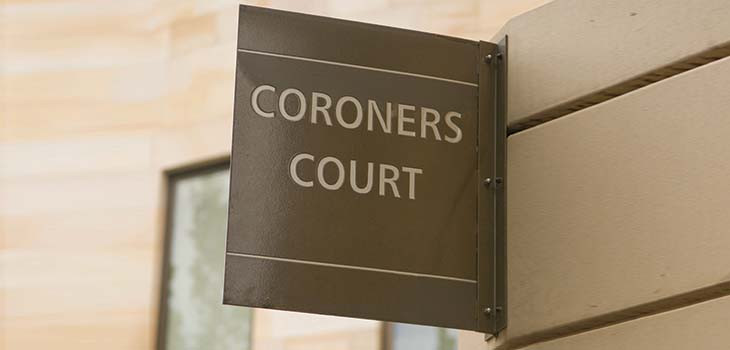
- The role of juries in inquests into deaths occurring in police involvement or notifiable accident, poisoning or disease.
- Significant delays to coronial system due to the pandemic impacts investigations and families who are grieving the loss of a loved one.
- Using a jury can alter the management of the inquest and its outcome.
The use of juries to hear inquests into deaths occurring in state detention or after relevant police involvement is an important constitutional safeguard, ensuring that conclusions are reached independently of the state and are seen to be so. It is a less well-known feature of the law that a jury is also mandated in cases of notifiable accident, poisoning or disease. The rationale for this is not easy to discern. In recent years, the classes of accident which have been made notifiable have increased with little thought to the effect upon inquests, compounding delays within the coronial system and altering the character of the investigation









